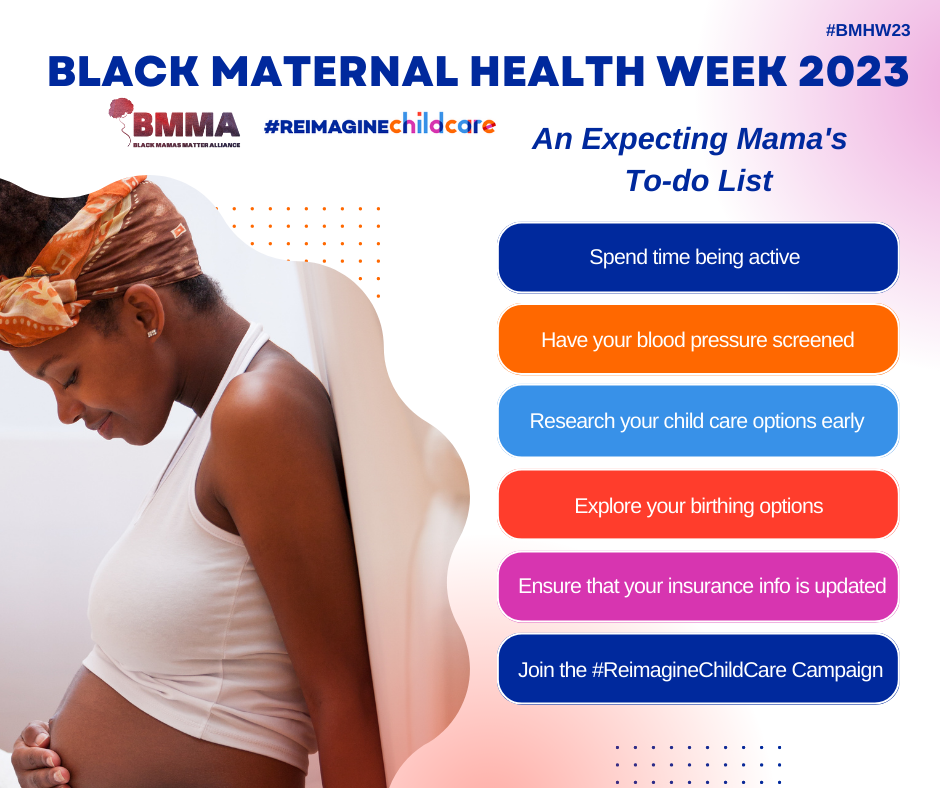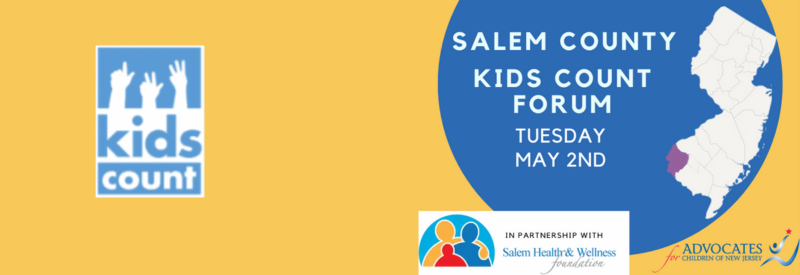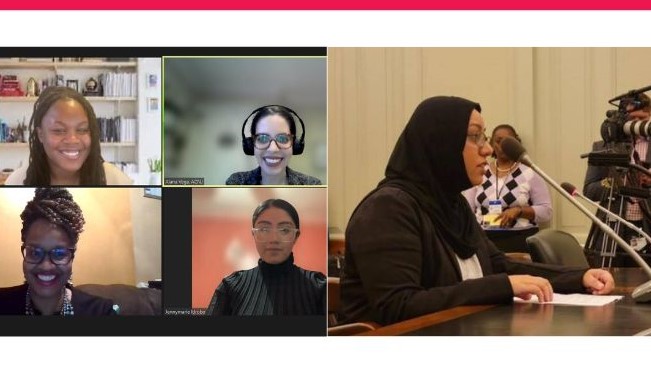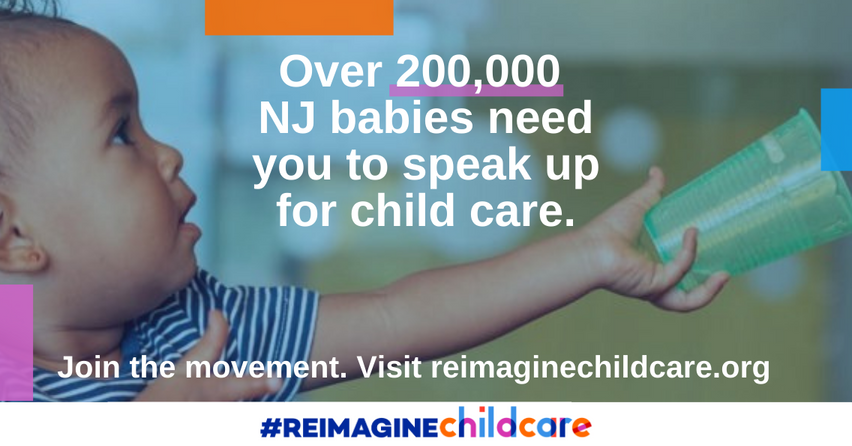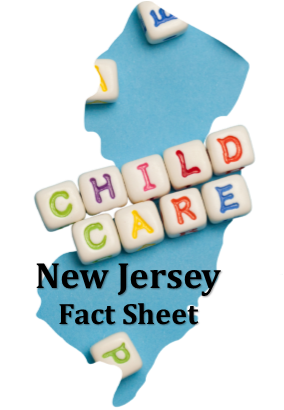Posted on April 11, 2023
Are you aware of the stark maternal health disparities in New Jersey? Shockingly, a Black mother is seven times more likely to die from maternity-related complications compared to a white mother, and a Black baby is over three times more likely to die before their first birthday. Nurture NJ, the Black Mamas Matter Alliance (BMMA), and other grassroots organizations are committed to transforming these statistics, but we need everyone's support to make this happen because we can no longer ignore that systemic racism is a root cause of the disparities we see in maternal health. April 11 - 17th is Black Maternal Health Week, and we want to encourage expectant moms, but especially Black expectant moms, to prioritize self-care by following our To-Do list.

